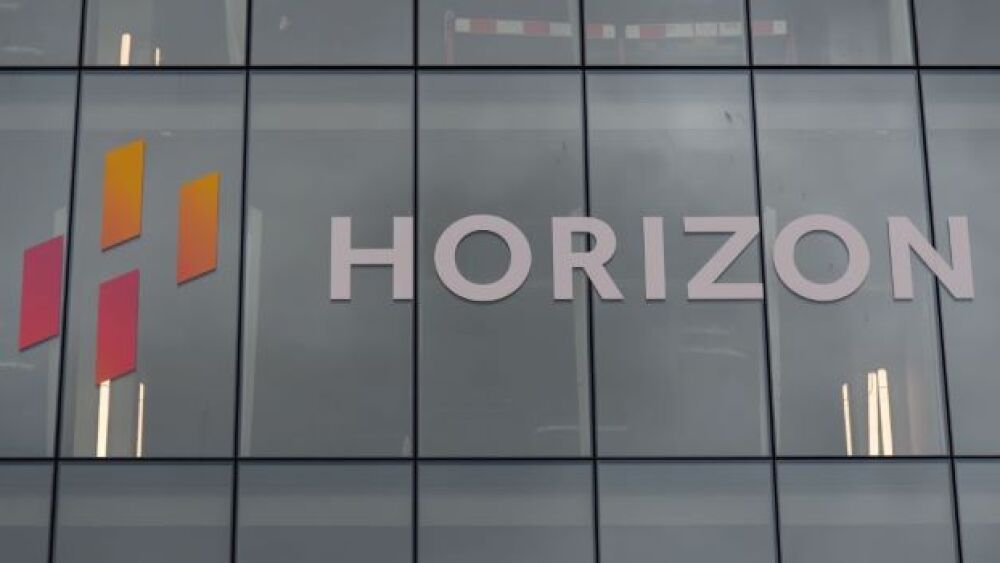Horizon Therapeutics’ dazodalibep met the primary endpoint in a second straight Phase II trial for Sjögren’s syndrome.
Courtesy of Artur Widak/NurPhoto via Getty Images
Horizon Therapeutics celebrated its second consecutive win in Sjögren’s syndrome after dazodalibep met its primary endpoint in the second Phase II trial patient population, the company announced Wednesday.
At the 169-day follow-up, patients treated with dazodalibep, an investigational CD40 ligand antagonist, saw a 1.8-point drop in EULAR Sjögren’s Syndrome Patient Reported Index (ESSPRI) scores.
Placebo counterparts, in comparison, demonstrated a 0.53-point decrease in ESSPRI. This resulted in a regression-analyzed mean difference of 1.27, which was statistically significant with a p-value of 0.0002.
This second patient population comprised those with moderate-to-severe symptoms, including dryness, fatigue and pain, but without widespread organ involvement.
In September 2022, Horizon reported dazodalibep demonstrated significant efficacy in the first patient population, which included those with moderate-to-high systemic disease activity.
At day 169, the investigational drug decreased EULAR Sjögren’s Syndrome Disease Activity Index (ESSDAI) scores by 6.3 points, while placebo comparators saw a 4.1-point drop. The regression-analyzed mean difference of 2.2 points met statistical significance.
According to Horizon, dazodalibep is the only drug in development to reach its primary outcome in both patient populations in a Phase II trial. The trial was also more inclusive than others.
In a statement, Frederick Vivino, M.D., chief of the division of rheumatology at Penn Presbyterian Medical Center at the University of Pennsylvania Perelman School of Medicine, said that “participants in this study had been excluded from other recent trials, despite their substantial disease burden.”
Wednesday’s results are another step toward a treatment for Sjögren’s patients, for which “there are currently no disease-modifying FDA-approved treatments,” Vivino added.
With these data in hand, Horizon will “work with regulators to continue developing dazodalibep as a potential treatment” for Sjögren’s syndrome,” said Elizabeth Thompson, Ph.D., EVP of research and development at Horizon.
Bright Skies Ahead for Horizon
Dazodalibep’s back-to-back Phase II wins in Sjögren’s follow a busy year for the Irish biotech.
Last month, Amgen beat out Sanofi and Janssen in a three-way contest to acquire Horizon in biotech’s largest deal of 2022. Amgen put $26.4 billion on the line for the company’s leadership in the rare, autoimmune and severe inflammatory disease spaces.
Horizon’s Tepezza (teprotumumab-trbw), the first drug approved for thyroid eye disease in the U.S., and Uplizna (inebilizumab-cdon), for the rare neuromyelitis optica spectrum disorder, also now reside in Amgen’s portfolio.
Aside from its approved drugs, Horizon has a robust pipeline of investigational molecules. These include HZN-825 for diffuse cutaneous systemic sclerosis and idiopathic pulmonary fibrosis and daxdilimab, being trialed for alopecia areata, dermatomyositis and systemic lupus erythematosus.






